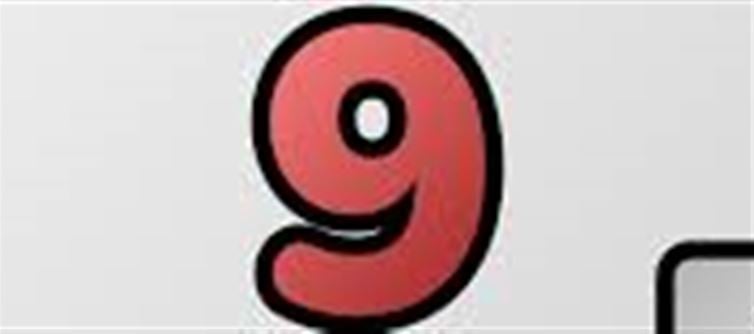
One of the most famous events that happened on november 9th is the fall of the Berlin Wall in 1989. This historic moment not only changed the course of German history but also symbolized the end of the Cold war and the collapse of communist regimes across Eastern Europe.
The Berlin Wall was erected in 1961 by the German Democratic Republic (East Germany) to prevent east Germans from fleeing to the democratic West Berlin and, by extension, West Germany. For nearly three decades, the wall stood as a powerful symbol of division—between east and West, communism and capitalism, oppression and freedom. Families were separated, and people risked their lives trying to cross it.
On november 9, 1989, a series of political changes and mounting public pressure in east Germany led to a surprising announcement. A government spokesperson mistakenly declared that east Germans could cross the border “immediately and without delay.” This statement sparked a spontaneous surge of east Berliners toward the wall, overwhelming border guards who, unprepared for the crowd, opened the gates.
This event quickly turned into a jubilant celebration. people from both east and West Berlin gathered to chip away at the wall, embracing one another after decades of separation. The fall of the Berlin Wall became a powerful symbol of freedom, unity, and the end of Cold war tensions that had gripped the world since the end of World war II.
Beyond its immediate impact on Germany, the fall of the wall had global significance. It signaled the decline of Soviet influence in Eastern europe and paved the way for German reunification, officially completed in 1990. It also inspired democratic movements across other communist countries, accelerating the collapse of the Soviet Union itself in 1991.
November 9th is thus remembered not just as a date but as a turning point in history. It represents the triumph of popular will over division and oppression. The event taught the world the power of peaceful protest and the human desire for freedom and unity.
While other significant events also occurred on november 9th—such as Kristallnacht in 1938, a tragic night of anti-Jewish violence in Nazi Germany—the fall of the Berlin Wall remains the most celebrated and widely recognized. It stands as a testament to hope and change, reminding us of how history can shift dramatically in moments of courage and collective action.
Disclaimer:
The views and opinions expressed in this article are those of the author and do not necessarily reflect the official policy or position of any agency, organization, employer, or company. All information provided is for general informational purposes only. While every effort has been made to ensure accuracy, we make no representations or warranties of any kind, express or implied, about the completeness, reliability, or suitability of the information contained herein. Readers are advised to verify facts and seek professional advice where necessary. Any reliance placed on such information is strictly at the reader’s own risk.
.jpg)




 click and follow Indiaherald WhatsApp channel
click and follow Indiaherald WhatsApp channel